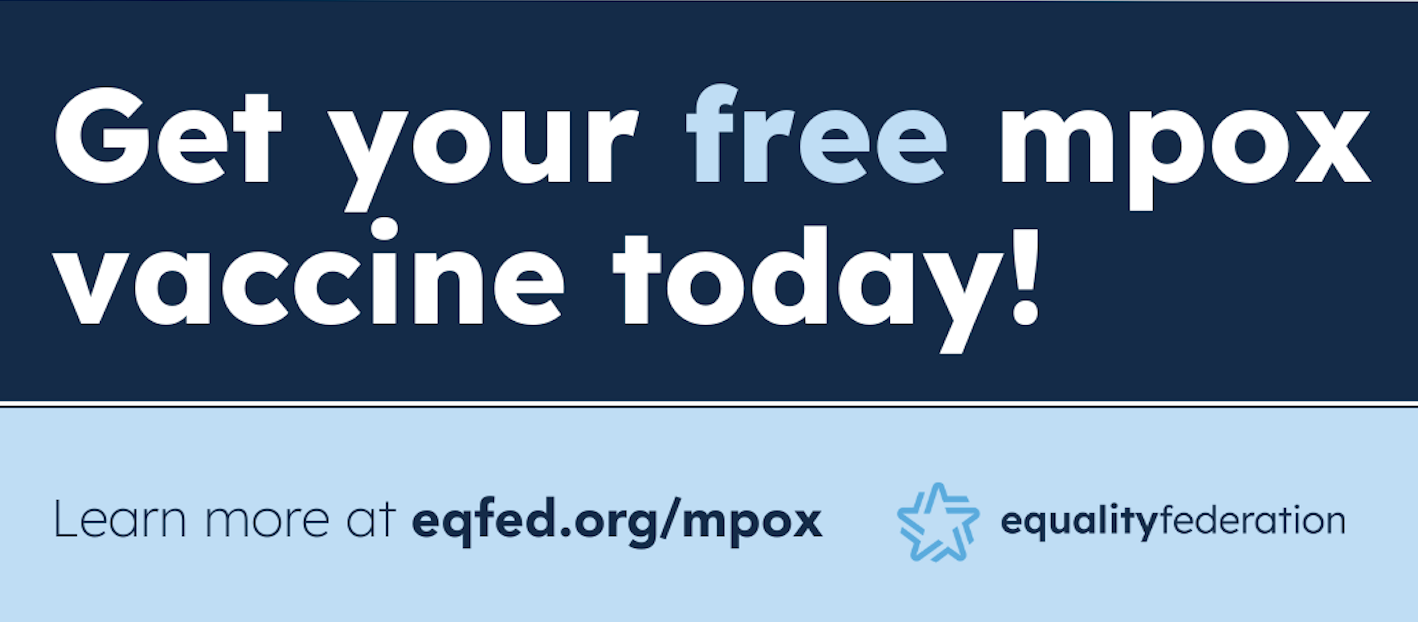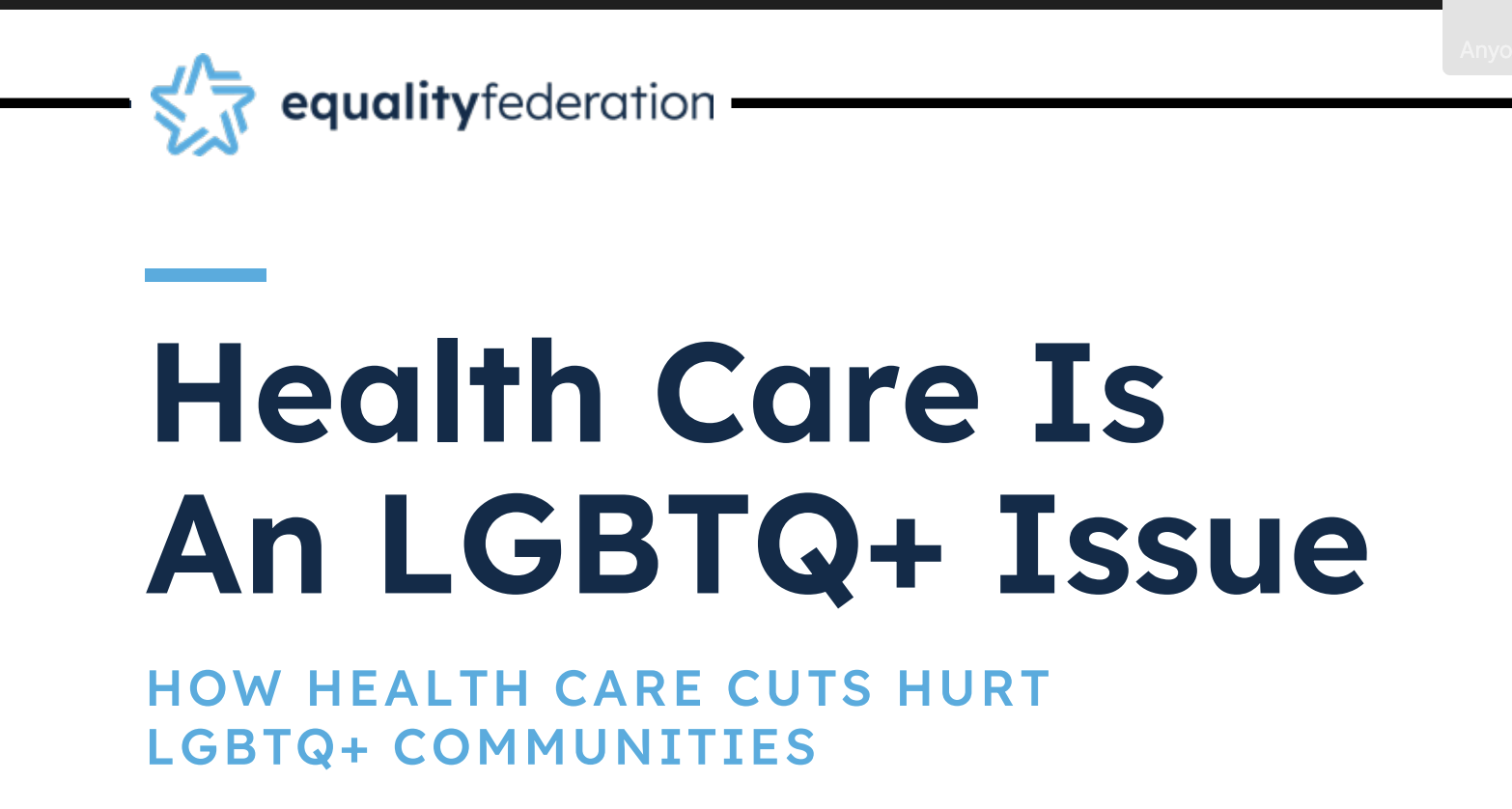NYC Administration for Children’s Services Releases Best Practices Guide for Working with Transgender and Gender Non-Conforming Children

Transgender and gender non-conforming children and youth are disproportionately represented in the foster care population and are particularly vulnerable to mistreatment due to widespread anti-transgender bias, prejudice, and transphobia.
Young transgender individuals may face unnecessary barriers while under the care of Children’s Services, such as in foster care or juvenile detention. Unfortunately, these barriers are often the result of a lack of knowledge on the part of Children’s Services workers about how to work with transgender and gender non-conforming (TGNC) individuals.
Federation members across the country are working in their states to help better the lives of these young people. Now there’s a new resource to support that work — a guide to help educate individuals who work with TGNC young people.
The New York City Administration for Children’s Services has released Safe & Respected, the nation’s first ever Transgender and Gender Non-Conforming (TGNC) Best Practices Guide developed by a child welfare and juvenile justice government agency. This guide offers child welfare and juvenile justice practitioners concrete guidance and support to meet the specific needs of TGNC children and youth involved with Children’s Services.
Click here to download Safe & Respected.
This first-of-its-kind guide includes:
- An overview of the barriers that transgender and non-conforming children and youth face in foster care and juvenile detention;
- A glossary of commonly used terms;
- An overview of Children’s Services’ commitment to providing culturally competent care for TGNC children and youth;
- An issue-by-issue guide to providing inclusive care.
Content within the guide provides:
- excerpts of Children’s Services’ policies related to serving TGNC children and youth;
- best practices for service provision that are consistent with these policies;
- strategies for implementing these policies; and,
- common missteps to avoid when working with TGNC young people.
In order to reduce the barriers TGNC young people face, we need to educate those who are providing them with care. Safe & Respected can be used as a resource for state leaders working with Children’s Services agencies in their communities to help better the lives of transgender and gender non-conforming children and youth.
Click here to download Safe & Respected.



.png)

.jpg)
.jpg)
.jpg)
.jpg)
.jpg)
